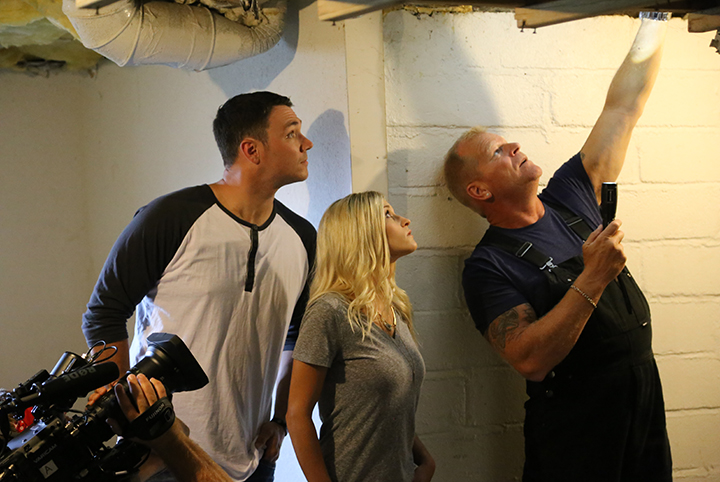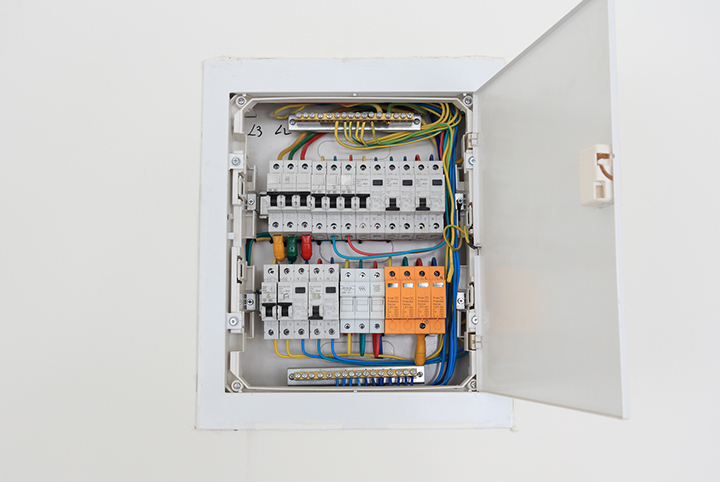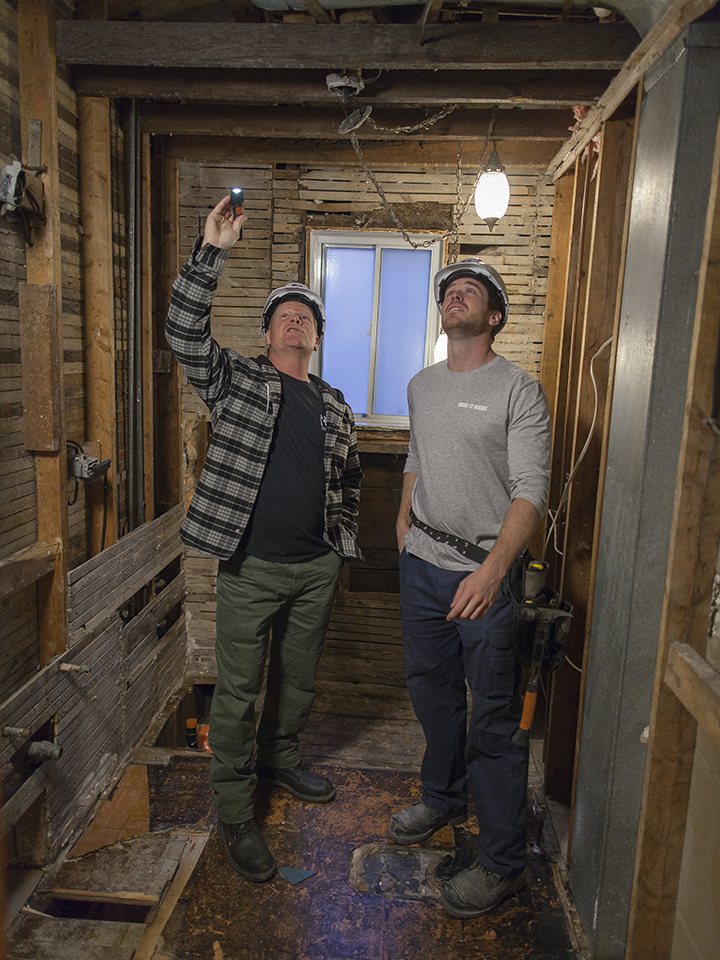
Homeowners need to put their senses to work to keep their homes safe and healthy. And I’m not just talking about keeping your eyes peeled for potential hazards. It’s important to train your nose to recognize dangerous odours such as a gas leak or an electrical fire. Hazards like these can be dangerous, so know the specific smells and what to do when you come across them.

1. Skunk Smell
Natural gas stinks; your smoke alarm or CO detector won’t detect it, but your nose will. Utility companies add a strong smell to the naturally odourless gas to make sure that the smell is obvious. It can smell something like a dead mouse or skunk. Should you smell it in your home, you need to act quickly. Don’t use electronics near the suspected leak, or turn lights or appliances on or off; anything that can cause a spark near a gas leak will ignite the house. If possible, turn the gas off at the source. Leave the house and call the utility company. If the leaking natural gas has ignited and is burning, don’t attempt to put the fire out yourself. Leave the house immediately and call 911.
2. Rotten Eggs
Septic gas has a strong, naturally occurring odour that smells like rotten eggs. The smell is hydrogen sulfide, which comes from sewage and can be a sign that there’s a problem with your plumbing. Prolonged exposure of even low levels of hydrogen sulfide can cause health issues such as headaches, fatigue, dizziness and loss of appetite. If you smell it, there’s no need to evacuate your home, but do call a professional plumber to have things checked out.
If your home’s plumbing gets the all-clear and your home still has that rotten egg smell, you may have an issue with toxic drywall. Toxic drywall was made in China and distributed throughout North America from 2001 to 2007. The sulphur in the drywall will off-gas once there’s humidity in the air, which can cause health problems and can also corrode any exposed copper pipes or wiring in your home. If you have toxic drywall in your home, even just a few sheets of it, I recommend tearing it out and having it replaced. And this is not a DIY job; it must be removed by a professional.

3. Smell of Something Burning
You should never ignore the smell of something burning, especially something that smells like burning rubber. Appliances that have a burning smell when they’re on, or even lights in a room that smell like they’re burning, is a sign that something is dangerously overheating with the potential for a fire. Your first step is to go to your breaker box and turn off the circuit you think is causing the problem. Then, call a licensed electrician. If you see flames, leave your house immediately and call 911. And of course, always make sure you have a working smoke alarm on every floor of your home.
4. Mushroom Smell
You might think your nose is playing tricks on you, but a mushroom smell in your home (when you’re not cooking mushrooms!) could be dry rot. Dry rot is caused by a fungus that sucks the structural strength and stiffness out of healthy wood, especially in older homes where wood framing wasn’t pressure treated. Dry rot thrives in high-moisture environments, so it’s important that your home has proper ventilation. If you get that mushroom smell in your home and discover areas of dry rot, you’ll need a qualified mould remediator to get rid of it. Dry rot is progressive; not getting rid of it properly means that it will continue to spread and cause further damage.

5. Musty or Mossy Smell
Mould smells musty, mossy or like mildew. In most cases, you’ll not only get that musty smell, but you’ll also see the black stains on common places like window sills, basements, bathrooms and ceiling corners – anywhere where there’s lots of moisture. If there is a musty smell but you can’t see any stains, you may have mould growing behind your walls. In that case, you’ll need to hire a professional home inspector who uses thermal imaging to see what’s going on behind those walls. If the mould in your home covers an area of 10 square feet or less, you can tackle the issue yourself. Just remember to use the proper protective gear. If the area is larger than 10 square feet, or if there’s sewage involved, bring in a professional remediation company to handle it properly and safely. Mould found in homes usually isn’t toxic, but it still presents a health risk and can cause allergy and asthma symptoms if inhaled.
Images courtesy of The Holmes Group and Getty Images
HGTV your inbox.
By clicking "SIGN UP” you agree to receive emails from HGTV and accept Corus' Terms of Use and Corus' Privacy Policy.



